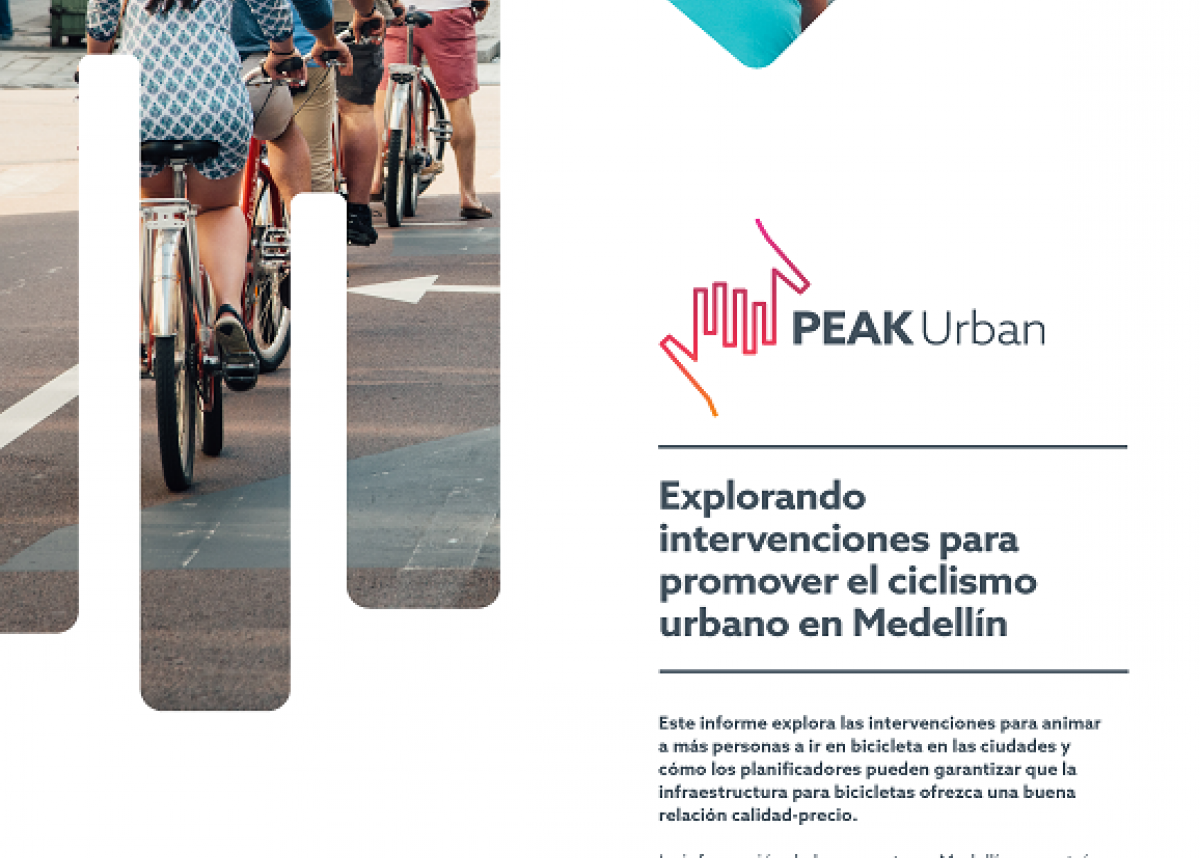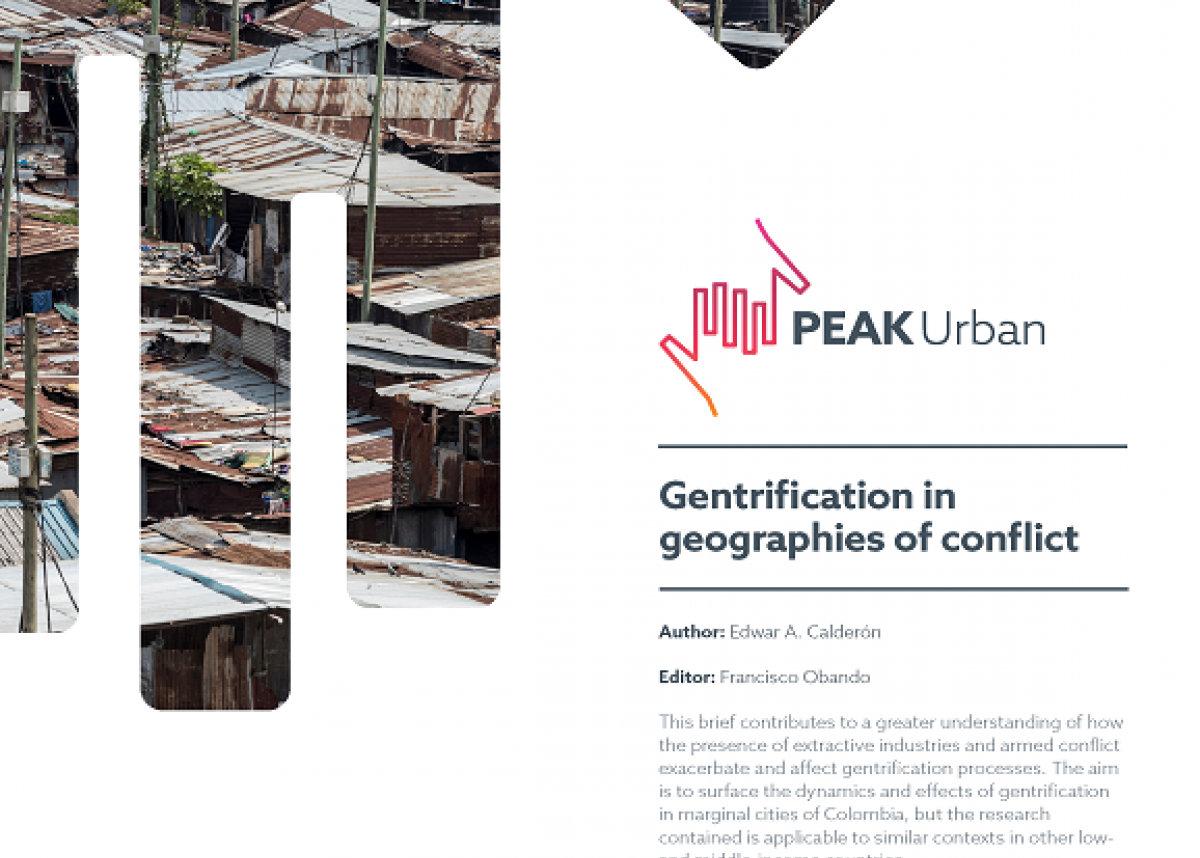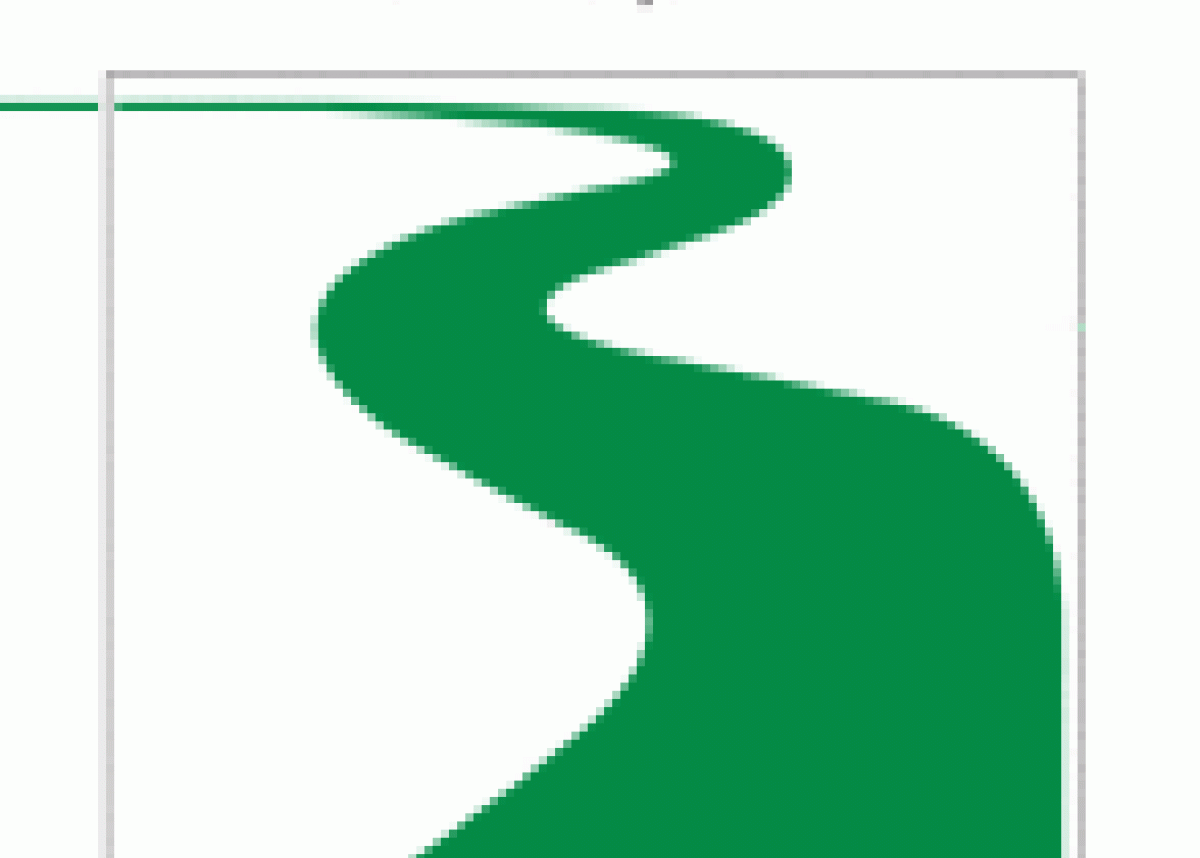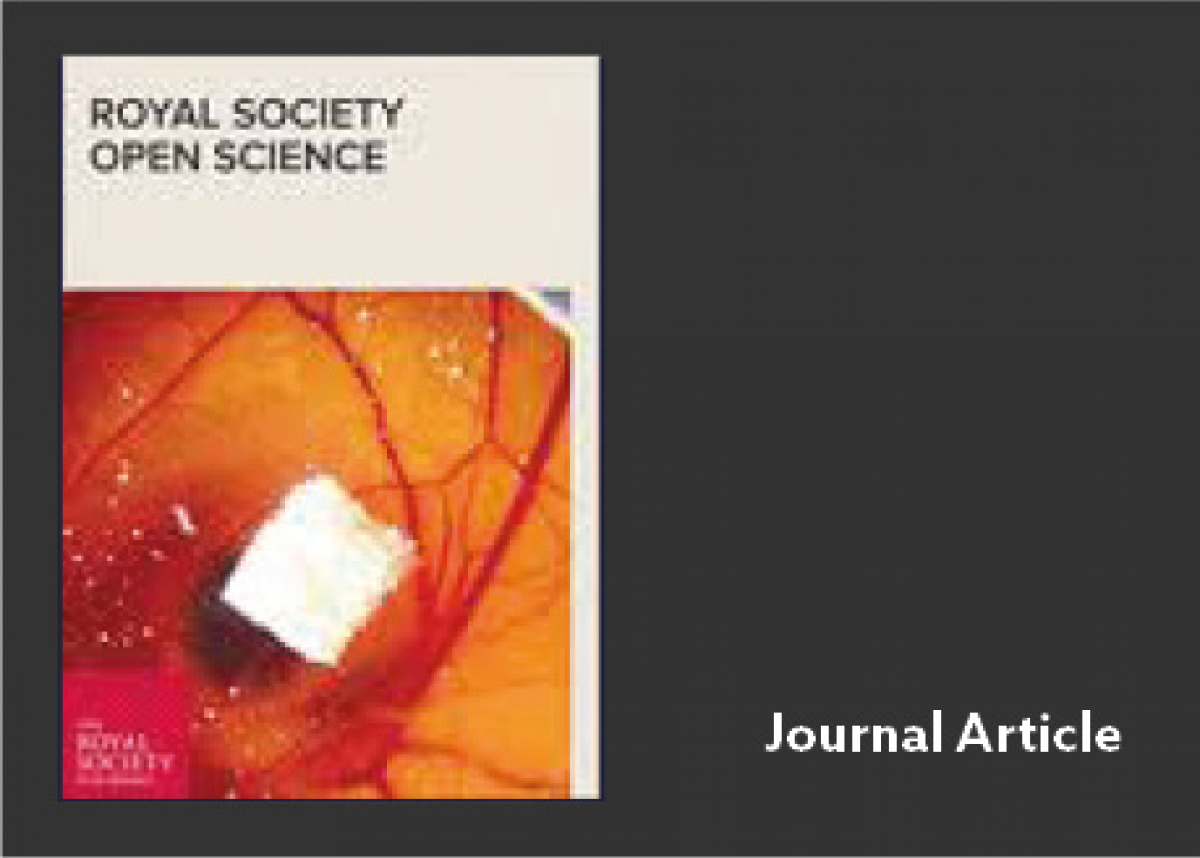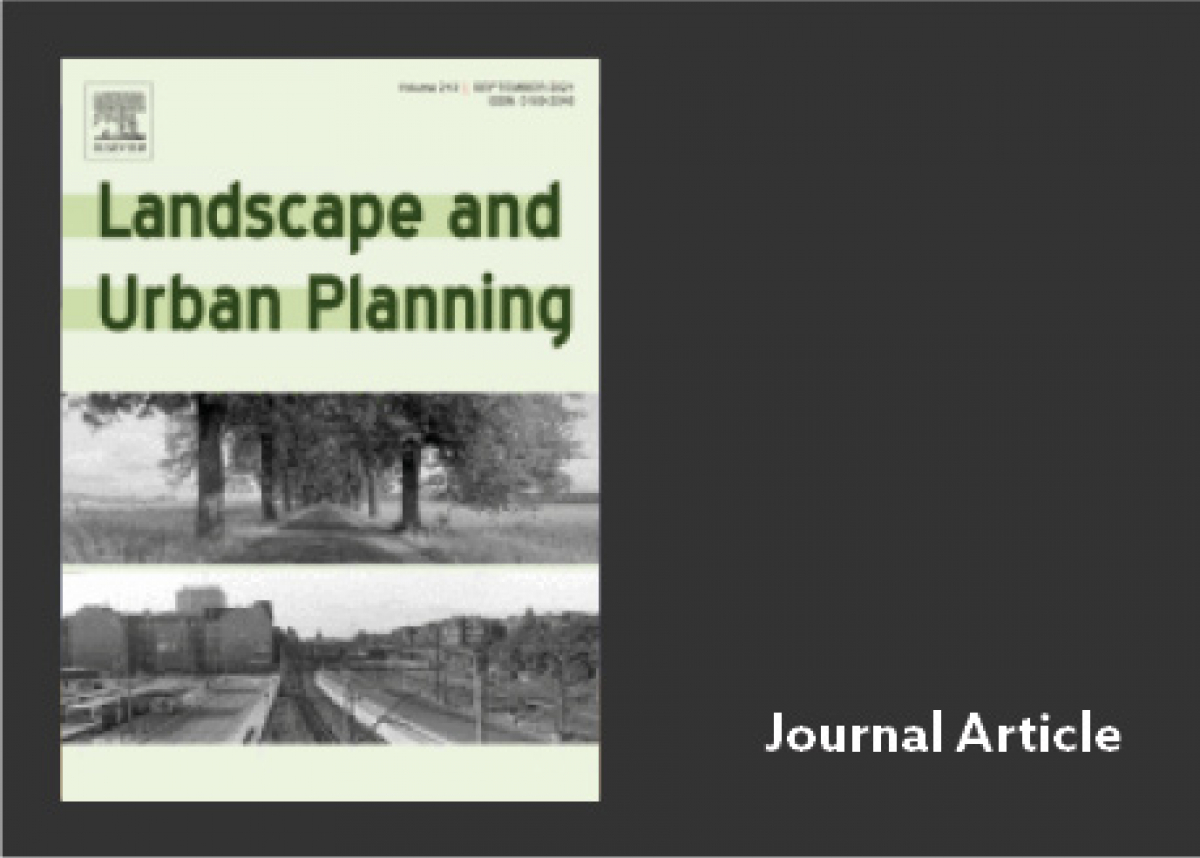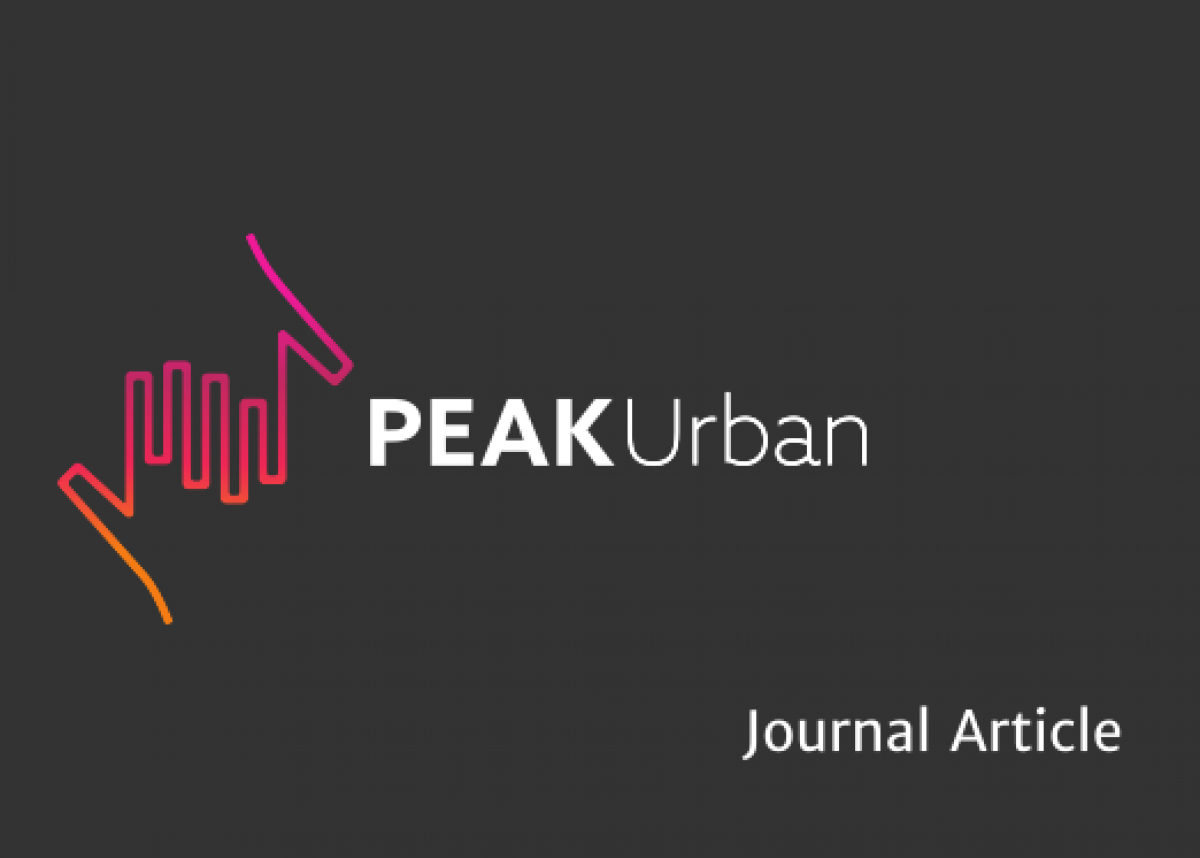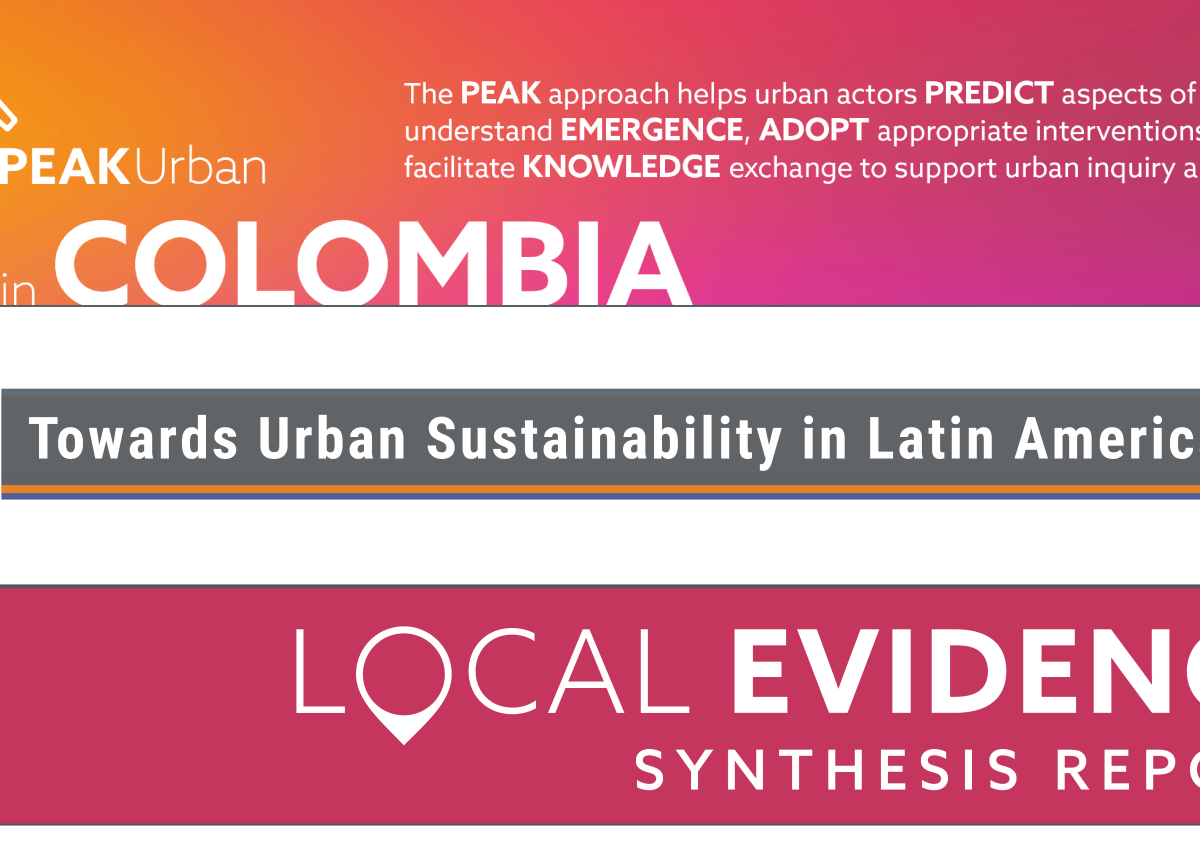
Enhancing fieldwork learning experiences for the architectural conservation curriculum
Fieldwork in architectural conservation education is a proven practice to develop skills in documenting current conditions and start methodological engagements with a site's architectural and historical values. It is a vehicle to generate intensive learning experiences in comprehensive degrees or short courses. Review of the practice within conservation education is not extensive and the purpose of this paper is to reflect on enhancing pedagogy further.
This reflection was triggered by a major case study, a workshop to generate UG teaching capacity for an Architecture school in Colombia. This led to mapping the fieldwork spectrum, reviewing the authors' experiences (PG courses and external workshops) and activities planned in other MSc programmes. Fieldwork is often seen as skills training, so enhancement is explored through the affiliate geography and architecture UG curricula.
The Colombia workshop provoked strong engagement among students and tutors, and their commitment to make heritage meaningful to their projects is a measure of this pedagogy's success. Fieldwork around a site's essence, beyond skills development can induce conservation students into critical enquiries by motivating them to develop personalised contexts and enhance engagement with the unexpected through inversion of linear learning processes. Setting up site exercises early on PG programmes can encourage curiosity in exploring historic environments and contextualise surveying methods.
